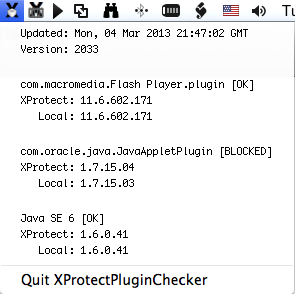There’s a few methods floating out on the web, but I’d just like to point out a quick and reliable way to get the current console user on macOS using stat. This works great with Fast User Switching and if the mac is at the login screen it will return root as the user
consoleUser=$(stat -f %Su /dev/console)
There you go! Now go forth and script.
Also, if you are using backticks ` to capture output (a.k.a. command substitution) then consider using the more modern and nest-able $(…) method, here’s a good reason why: Why is $(…) preferred over `…` (backticks)?

 Click to download.
Click to download.